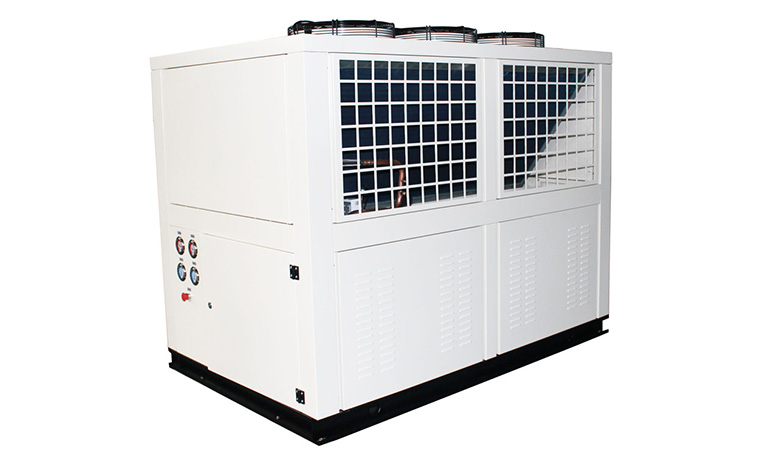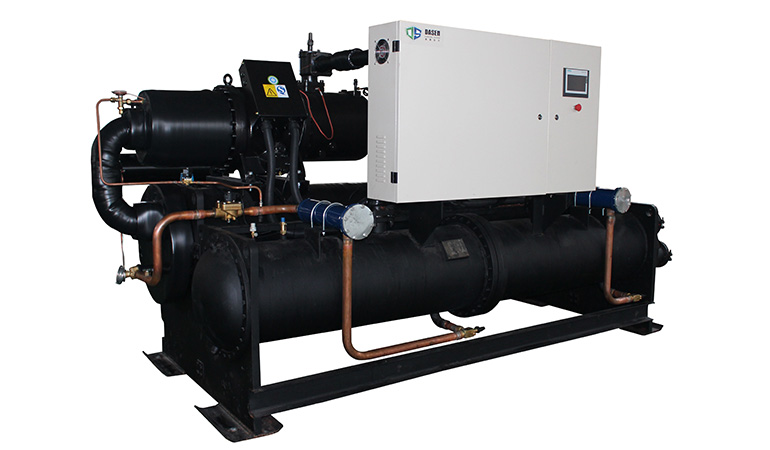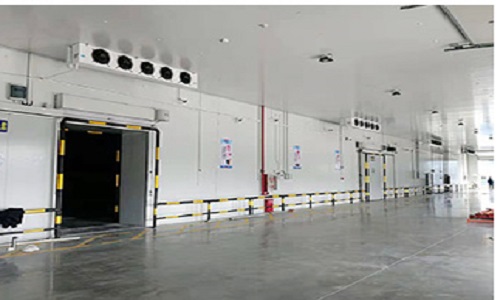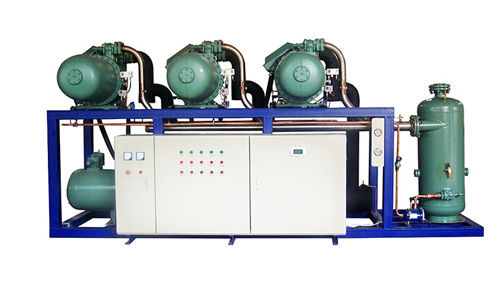Water chillers are essential components in various industrial and commercial applications, providing efficient cooling by removing heat from a process or space. Understanding the different types of water chillers and their characteristics can help you choose the right one for your specific needs. This guide explores the main types of water chillers and their unique features.
1. Types of Water Chillers
1.1 Air-Cooled Chillers
Air-cooled chillers use air to dissipate heat from the refrigerant. They are commonly used in smaller to medium-sized applications where water is not readily available or where water conservation is a priority.
Characteristics
**Easy Installation**: Generally easier to install as they do not require a separate cooling tower or water supply.
**Lower Maintenance**: Less maintenance compared to water-cooled chillers due to the absence of water handling components.
**Efficiency**: Typically less efficient than water-cooled chillers, especially in high ambient temperatures.
**Applications**: Ideal for commercial buildings, data centers, and small to medium-sized industrial processes.

Box Type Air-cooled Chiller
1.2 Water-Cooled Chillers
Water-cooled chillers use water to remove heat from the refrigerant, which is then dissipated via a cooling tower. These chillers are typically used in larger applications where higher efficiency is required.
Characteristics
**Higher Efficiency**: Generally more efficient than air-cooled chillers, especially in large-scale applications.
**Longer Lifespan**: Typically have a longer operational lifespan due to stable operating conditions.
**Complex Installation**: Require a cooling tower, water pumps, and additional infrastructure, making installation more complex.
**Applications**: Suitable for large industrial processes, commercial HVAC systems, and manufacturing facilities.

Water-cooled Screw Chiller
1.3 Absorption Chillers
Absorption chillers use a heat source (such as natural gas, steam, or hot water) to drive the refrigeration cycle. They are an alternative to electric chillers and are often used in applications where waste heat is available.
Characteristics
**Energy Source**: Utilize waste heat or alternative energy sources, reducing reliance on electricity.
**Quiet Operation**: Operate quietly compared to mechanical chillers, as they have fewer moving parts.
**Lower Efficiency**: Generally less efficient than mechanical chillers and require more space.
**Applications**: Ideal for facilities with a surplus of waste heat, such as power plants, chemical plants, and large commercial buildings.
1.4 Portable Chillers
Portable chillers are compact, self-contained units that can be easily moved and installed. They are used in applications requiring temporary or supplemental cooling.
Characteristics
**Flexibility**: Easily movable, making them suitable for temporary or changing cooling needs.
**Easy Installation**: Quick and easy to install, often requiring only electrical and process connections.
**Lower Capacity**: Typically have lower cooling capacities compared to stationary chillers.
**Applications**: Used in temporary cooling setups, emergency situations, and for supplemental cooling in various industries.
2. Key Characteristics of Water Chillers
When selecting a water chiller, several key characteristics should be considered to ensure optimal performance for your specific application:
2.1 Cooling Capacity
The cooling capacity of a chiller, measured in tons or kilowatts, indicates the amount of heat the unit can remove from a process or space. Ensure the chiller’s capacity matches the cooling demand of your application.
2.2 Energy Efficiency
Energy efficiency is a critical factor in reducing operational costs. Look for chillers with high Coefficient of Performance (COP) or Energy Efficiency Ratio (EER) ratings to ensure efficient operation.
2.3 Temperature Control
Accurate temperature control is essential for maintaining process stability and product quality. Choose a chiller with precise temperature control capabilities to meet the specific requirements of your application.
2.4 Environmental Impact
Consider the environmental impact of the chiller, including the type of refrigerant used and the chiller’s energy consumption. Opt for chillers that use eco-friendly refrigerants and have a lower carbon footprint.
2.5 Maintenance and Reliability
Regular maintenance is crucial for the longevity and reliability of the chiller. Select a unit with a proven track record of reliability and easy access to components for maintenance and servicing.
Questions and Answers
Q: Can a water-cooled chiller be used in areas with water scarcity?
A: It is not recommended to use water-cooled chillers in areas with water scarcity due to their reliance on a continuous water supply. Air-cooled chillers are a better alternative in such cases.
Q: How do I determine the right size of a water chiller for my application?
A: To determine the right size, calculate the heat load of your process or space and match it with the chiller’s cooling capacity. Consulting with a chiller specialist can also help in selecting the appropriate size.
Q: What are the maintenance requirements for a water chiller?
A: Regular maintenance includes checking refrigerant levels, inspecting and cleaning heat exchangers, monitoring electrical connections, and ensuring proper water treatment for water-cooled chillers.
Understanding the different types of water chillers and their characteristics can help you choose the right chiller for your specific application. Whether you need a chiller for industrial processes, commercial HVAC systems, or temporary cooling needs, selecting the appropriate type and considering key characteristics will ensure optimal performance and efficiency.








